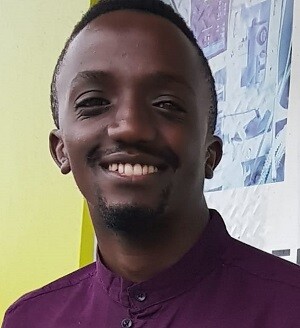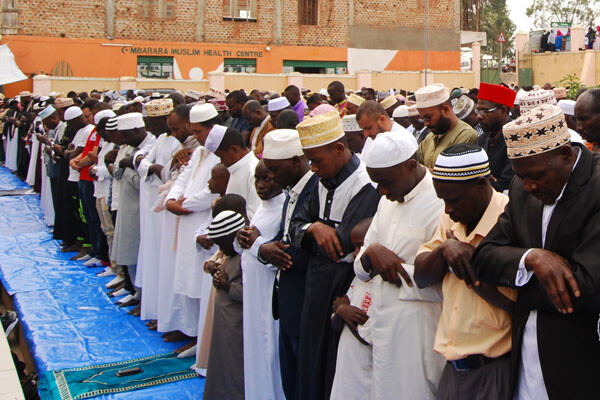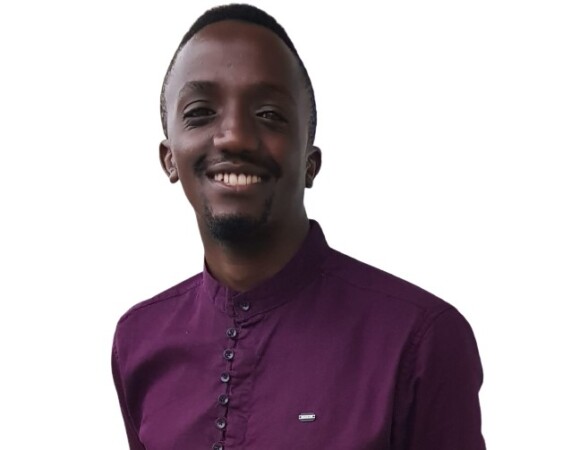
By Daniel Kakuru
DailyExpress Columnist
The other day I sat in a clinical room with a Muslim man thrice my age. We discussed his chronic hypertensive disorders, and I recommended that he starts taking a catalogue of tablets, some of which would be swallowed three times a day.
He sat back. Patted his round belly. Bit his lower lip. Made a face.
“Did you say I’ll swallow some drugs three times a day?” He asked.
I nodded.
“Musawo nkubuulire amazima? Oba puleesa enzita, enzite naye ago amakelenda sijja gamila, ndi mu Ramadhan.” Literally, he was speaking like our generation of people from the mid nineties who just say, “if I die, I die” whenever we’re about to make a wrong choice.
After almost an hour of explaining – because of course I wanted the money – I succeeded in convincing him to carry the drugs home. But I bet my life, it is easier for Uganda’s durable government to fall than for him to swallow his drugs during this month of Ramadhan.
On the 22nd day of the 2021 April, English Premier League clubs Leicester City and Westbromwich Albion met, clashed and the former prevailed over the latter with a three goal margin. What caught my attention was the fact that after an hour of play, Wesley Fofana who plays as a centre back for Leicester City was substituted, so he could have a chance to break his fast.
When Leicester City hosted Crystal Palace, four days later, the same thing happened; Wesley Fofana walked onto the pitch on an empty stomach. But this time, he was not alone. Cheikhou Kouyate, a center-back playing for Crystal Palace had made a similar decision. When the game had proceeded for half an hour, the referee decided that the two Muslim players would be allowed to leave the pitch, ingest whatever there was, break their fast, and return fully-fledged for action.
My footballing career died in 2006 when I was ten or thereabouts. I walked onto the pitch to represent my primary school in the under-14 soccer tournament. I wore a huge ill-fitting jersey with number 11 neatly knitted on the back; for wasn’t I the fastest player on the pitch?
The referee blew the whistle and after I had run around the pitch, like a bat, barely seeig the ball for close to half an hour, the world stopped. First, there was something that sounded like a distant ambulance carrying a departing soul. Then my vision became blurry, before darkness engulfed me. When I woke up on a hospital bed, moments later with drips and strange things on my left arm, the first thing I heard the doctor mentioning to my teacher was the word ‘hypoglycaemia’.

I do not really understand all this obsession with fasting in the month of Ramadhan. It’s quite understandable when a healthy young person decides they will go a day or two without a meal, but an old man in the evenings of his life fasting from swallowing drugs on which his life might depend is something I can’t wrap my head around. A professional football player in the world’s most revered league making the mistake of playing on yesterday’s glucose is something that should get us asking ourselves, “why?” You must have an idea of how physical the game can be even if you’ve never been on the pitch. What if it came to a point where his body failed to sustain him – and bodies always fail – would Allah come to his rescue?
I stay in a town highly infested with Islam and if you observe how people go about their lives in Ramadhan, you might think their imaginary guardian called Allah lives in their midst. Whenever they open their mouths to speak, they say, “Inshah Allah.” Whenever they greet one another, they say, “Salaam aleikum.” During this period, roadside food stalls die in despair. Small scale restaurants and food outlets are on life support, because who will eat to annoy the omnipresent Allah?
It is illogical for someone living in a perennially diseased body to fast from drugs because of Ramadhan, or to swallow them at awkward, inconvenient hours with no regard for their half-life (Go and read deeply about drug half-life). People shouldn’t be enslaved by this ritual of fasting. We need a brave person to tell them that even if they’re healthy, fasting doesn’t have to be compulsory.
About the author: Daniel Kakuru, commonly referred to as a Mug Of Porridge, is a Ugandan medic in private practice, passionate about storytelling and social commentary.
His articles have occasionally appeared on online platforms including the Daily Express, Muwado, Chimplyf, The Public Lens, SOCO Times, The Naked Conversations, and many others.
If you would like your article/opinion to be published on Uganda’s most authoritative news platform, send your submission on: [email protected]. You can also follow DailyExpress on WhatsApp and on Twitter (X) for realtime updates.



